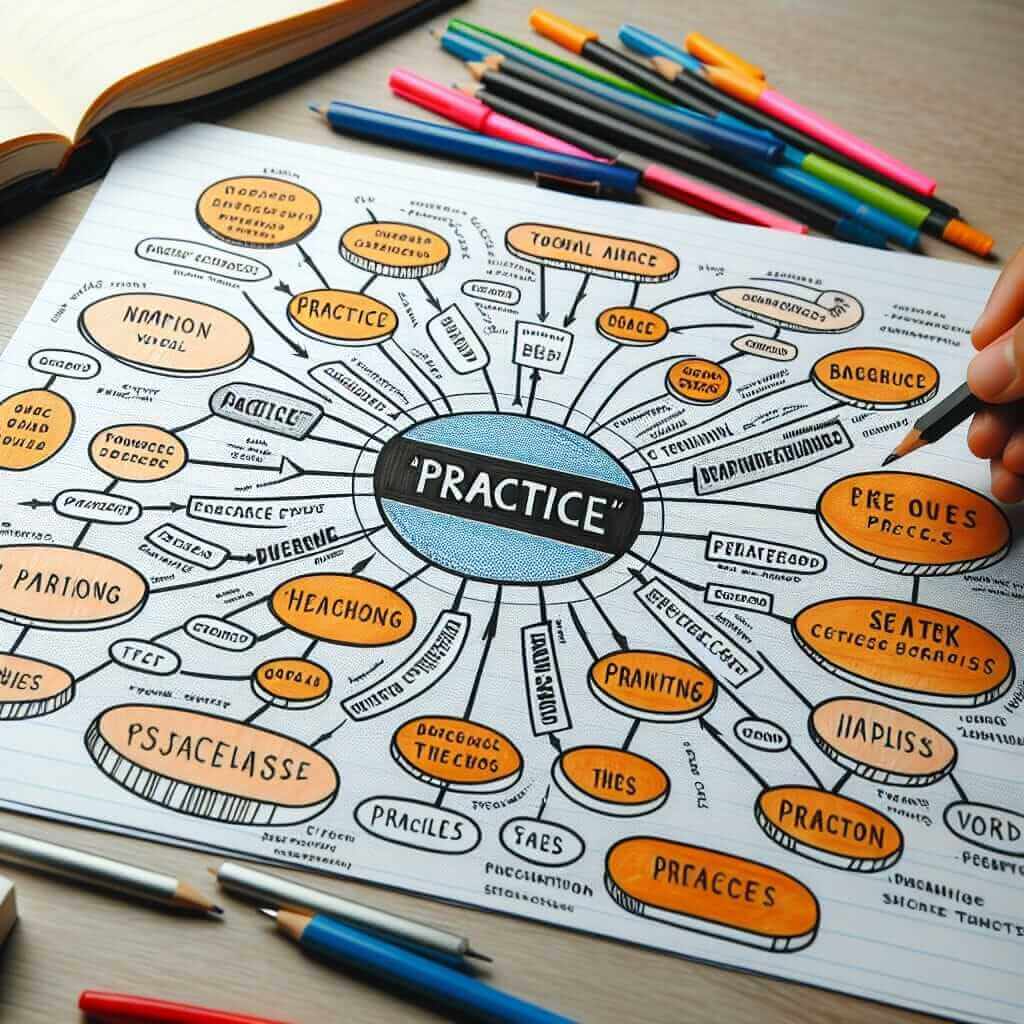As an experienced IELTS instructor, I often find students struggle to describe the simple yet crucial concept of “practice” effectively. This is especially important for the IELTS exam, where you might be asked to discuss hobbies, sports, or personal development, all of which often involve practice.
This article will equip you with the vocabulary and strategies to confidently talk about “practice” in your IELTS speaking and writing exams.
Understanding the Importance of Vocabulary
Using precise vocabulary is key to achieving a high band score in IELTS. Instead of repeatedly using the verb “practice”, enrich your language by incorporating synonyms and related terms. This demonstrates your lexical resource, a key factor in IELTS assessment.
Describing “Practice”
Let’s explore some alternative ways to express “practice”:
Verbs:
- Train: Implies a structured and rigorous approach to practice.
- “The athlete trains five hours a day to prepare for the Olympics.”
- Rehearse: Commonly used for performing arts, emphasizing repetition to perfect a skill.
- “The orchestra rehearsed the symphony for weeks before the concert.”
- Drill: Indicates repetitive practice of a specific skill, often used in sports and music.
- “The basketball team spent the afternoon drilling free throws.”
- Sharpen (one’s skills): Focuses on improving and refining existing abilities.
- “The chef enrolls in culinary workshops to sharpen his skills.”
- Hone: Similar to “sharpen,” implying a meticulous approach to improvement.
- “The writer attends writing retreats to hone her craft.”
Nouns:
- Training: A structured program or session of practice.
- “The athlete followed a strict training regimen.”
- Rehearsal: A session dedicated to practicing and perfecting a performance.
- “The dance troupe held a dress rehearsal the night before the show.”
- Workout: A session of vigorous physical exercise or practice.
- “The boxer’s workout included sparring and strength training.”

Applying Vocabulary in IELTS
Here are some examples of how you can use these words in IELTS:
Speaking Part 1:
- Examiner: Do you play any sports?
- You: Yes, I’m a passionate badminton player. I train with my college team twice a week and also try to fit in individual workouts to improve my stamina.
Writing Task 2:
- Topic: Some people believe that talent is more important than hard work for achieving success.
- Example Sentence: While natural talent can be beneficial, consistent training and dedicated practice are essential for individuals to fully develop their potential and achieve mastery in any field.
Tips for Success:
- Context is Key: Choose the most appropriate vocabulary based on the specific situation and skill being practiced.
- Natural Usage: Integrate these words naturally into your speaking and writing. Don’t force them in.
- Practice Makes Perfect: Regularly using this vocabulary in your IELTS preparation will help you recall it easily during the exam.
By diversifying your vocabulary and understanding the nuances of words related to “practice,” you can enhance the quality of your responses and boost your overall IELTS band score. Good luck with your preparation!